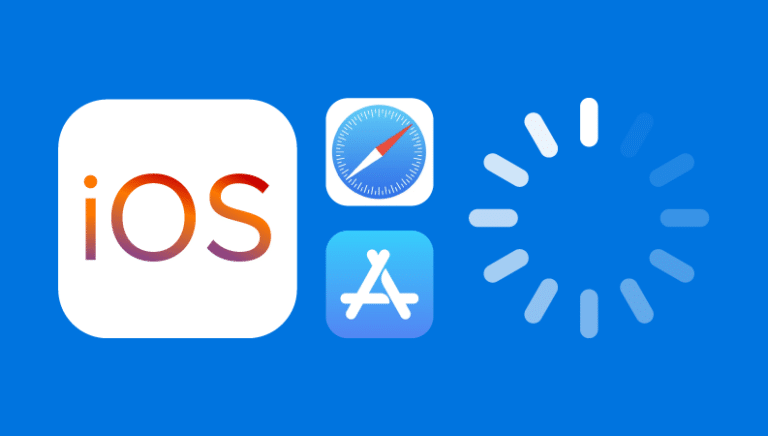
Apple’s Grip on the App Store Eased
In recent years, Apple’s control over the App Store has faced mounting challenges, primarily driven by legal rulings and allegations of anticompetitive behavior. These developments showcase how Apple has lost significant control of the App Store, reshaping the industry landscape.
A federal judge recently determined that Apple violated a previous court order intended to foster competition within the App Store. This ruling emphasized Apple’s noncompliance with efforts aimed at curbing its monopolistic practices, which have long raised concerns among developers and consumers alike.
Additionally, the same judge ordered Apple to cease charging commissions on purchases made outside the App Store. This landmark decision opens the door for developers to retain more revenue by enabling off-app purchases, addressing a contentious issue that has frustrated many. By allowing alternatives to in-app purchases, Apple may need to reevaluate its strict guidelines.
Epic Games has played a pivotal role in this narrative, accusing Apple of "blatantly" violating court orders through the introduction of new fees for app developers. This ongoing legal battle continues to shine a spotlight on Apple’s practices, amplifying claims of unfair competition within the App Store.
Public perception has also shifted, with many criticizing the App Store as a monopoly that hinders innovation. While Apple argues it provides a secure environment for users, discussions around its monopolistic influence are gaining traction.
Looking ahead, the future of the App Store might be changing. The ramifications of recent court rulings could compel Apple to embrace alternative in-app purchasing methods, fostering a more competitive ecosystem for developers and enhancing user choice overall. As these developments unfold, one thing is clear: Apple’s once-unassailable grip on the App Store is beginning to loosen.
For more insight on this issue, visit The Verge.
The Legal Cases Impacting Apple's Control Over the App Store

Apple's control over the App Store has been challenged in several key legal cases that have reshaped its business practices. These disputes highlight the tension between Apple's policies and the growing calls for fairer competition in the app ecosystem.
One significant case is Epic Games v. Apple, initiated in 2020 when Epic Games, famous for Fortnite, took legal action against Apple. Epic claimed Apple's requirement for developers to use its payment system and the 30% commission was monopolistic. In 2021, a federal judge ruled that Apple must allow developers to link to external payment methods, marking a pivotal change in Apple's control over in-app purchases. Despite this, Apple retained much of its authority over the App Store.
Additionally, the U.S. Department of Justice has been investigating Apple's practices, scrutinizing whether the tech giant has misused its market power to limit competition. This investigation raises important questions about Apple's role in the app supply chain and its potential impact on developers and consumers alike.
Another notable dispute involves a class action lawsuit filed by app developers, who argue that Apple's App Store policies create an unfair monopoly. This case emphasizes the financial strain on developers and the limited alternatives available for distributing apps on iOS devices.
Moreover, there are ongoing appeals and compliance issues following the Epic Games ruling. Apple has faced criticism for allegedly trying to sidestep court mandates by introducing new fees for developers.
These legal battles underscore the complexities surrounding Apple’s control over the App Store. The outcomes could lead to transformative shifts in how Apple interacts with developers and consumers, influencing the competitive dynamics of the entire app ecosystem. For more insights on antitrust issues related to technology companies, you can visit TechCrunch.
